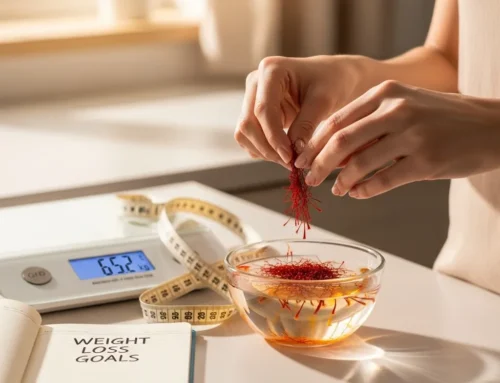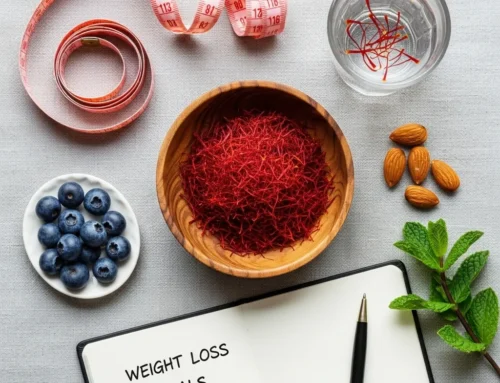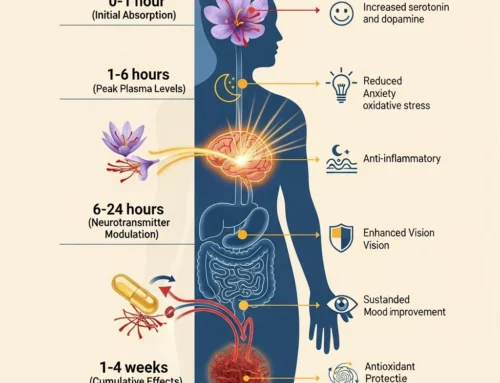 The Effect of Saffron for Postpartum Depression
The Effect of Saffron for Postpartum Depression
Saffron for Postpartum Depression
Postpartum depression (PPD) is a psychological disorder that occurs after childbirth, affecting many new mothers and impacting their well-being, as well as that of their child and family. Often linked to physical and emotional challenges such as pregnancy, labor pain, or cesarean complications, PPD can hinder a mother’s ability to enjoy life, making them view it through a negative lens, despite the joy of a healthy newborn.
Symptoms Saffron for Postpartum Depression
Saffron for Postpartum Depression
Symptoms include mood changes, disrupted sleep patterns, fatigue, fear, irritability, loss of focus, appetite changes, decreased libido, lack of joy in daily tasks, and even feelings of guilt. Severe cases may lead to suicidal thoughts or harm to the child. Moreover, inadequate child care can affect a child’s development, including their ability to learn and concentrate.
Non-Medical Treatments for PPD
Treatment options for PPD include counseling, therapy, medications, and non-medical approaches. While medications can be effective, non-drug therapies are often preferred during breastfeeding to avoid risks to the infant. These include supportive social interactions, physical activities such as yoga, and nutritious diets.
How Saffron Helps in PPD
Saffron for Postpartum Depression
Saffron, a staple in Persian cuisine, is renowned for its mood-enhancing and anti-depressant properties. It contains crocin, a compound known for balancing serotonin and dopamine levels, similar to antidepressant medications like fluoxetine. Incorporating saffron in meals may aid mothers suffering from PPD by naturally improving their emotional state.
Scientific Studies on Saffron and PPD
Saffron for Postpartum Depression
A study on 60 postpartum women divided into two groups examined the effects of saffron capsules (15 mg) versus placebos over eight weeks. Results revealed that saffron significantly alleviates PPD symptoms without adverse effects, making it a safe option for breastfeeding mothers. The study concluded that saffron’s efficacy matches fluoxetine in combating depression.
Additional Benefits of Saffron for Postpartum Depression
Saffron for Postpartum Depression
During the postpartum phase, saffron also strengthens the immune system, improves digestion, and boosts appetite. These benefits enhance recovery, supporting mothers’ overall health and their ability to care for their baby. Consistent and moderate consumption of saffron can enhance vitality for both mother and infant.
Precautions and Recommendations
Although saffron is generally safe, breastfeeding mothers should consult healthcare professionals for the correct dosage to avoid potential side effects like reduced milk production. When used appropriately, saffron is a natural remedy for postpartum challenges.







Get Social